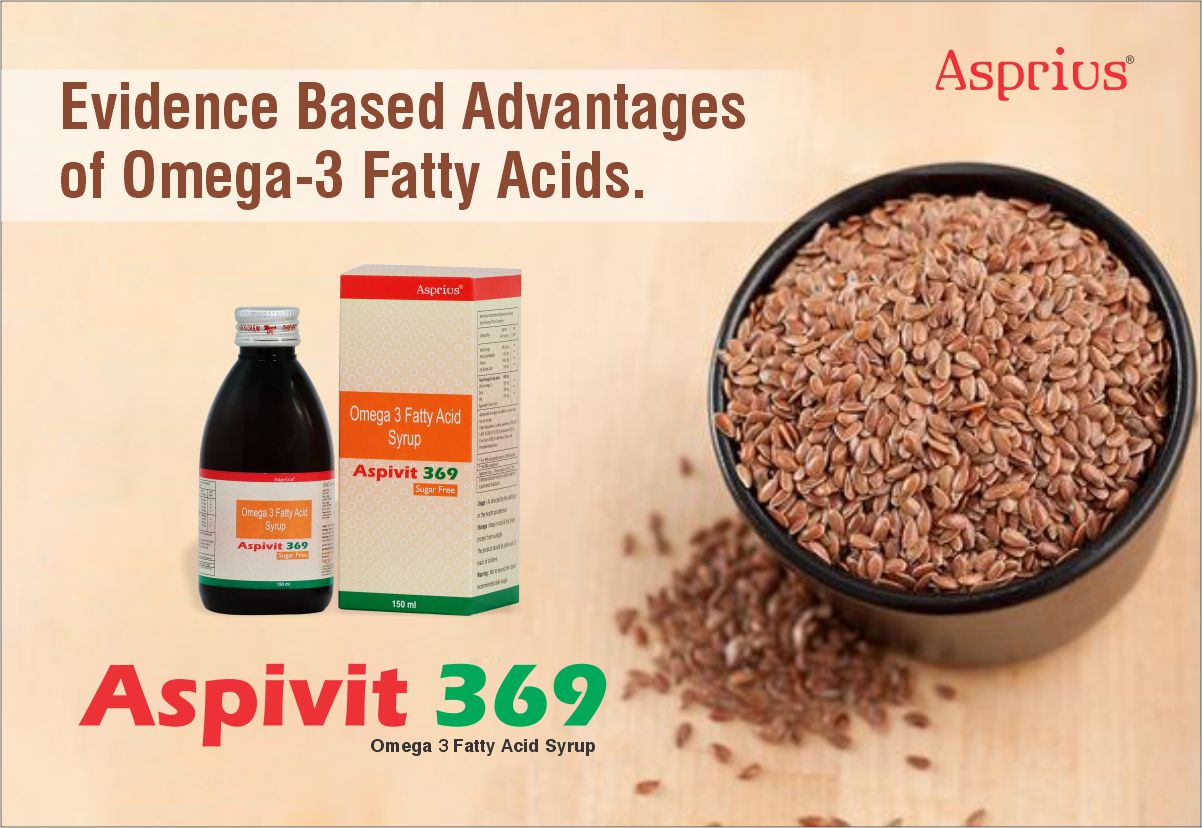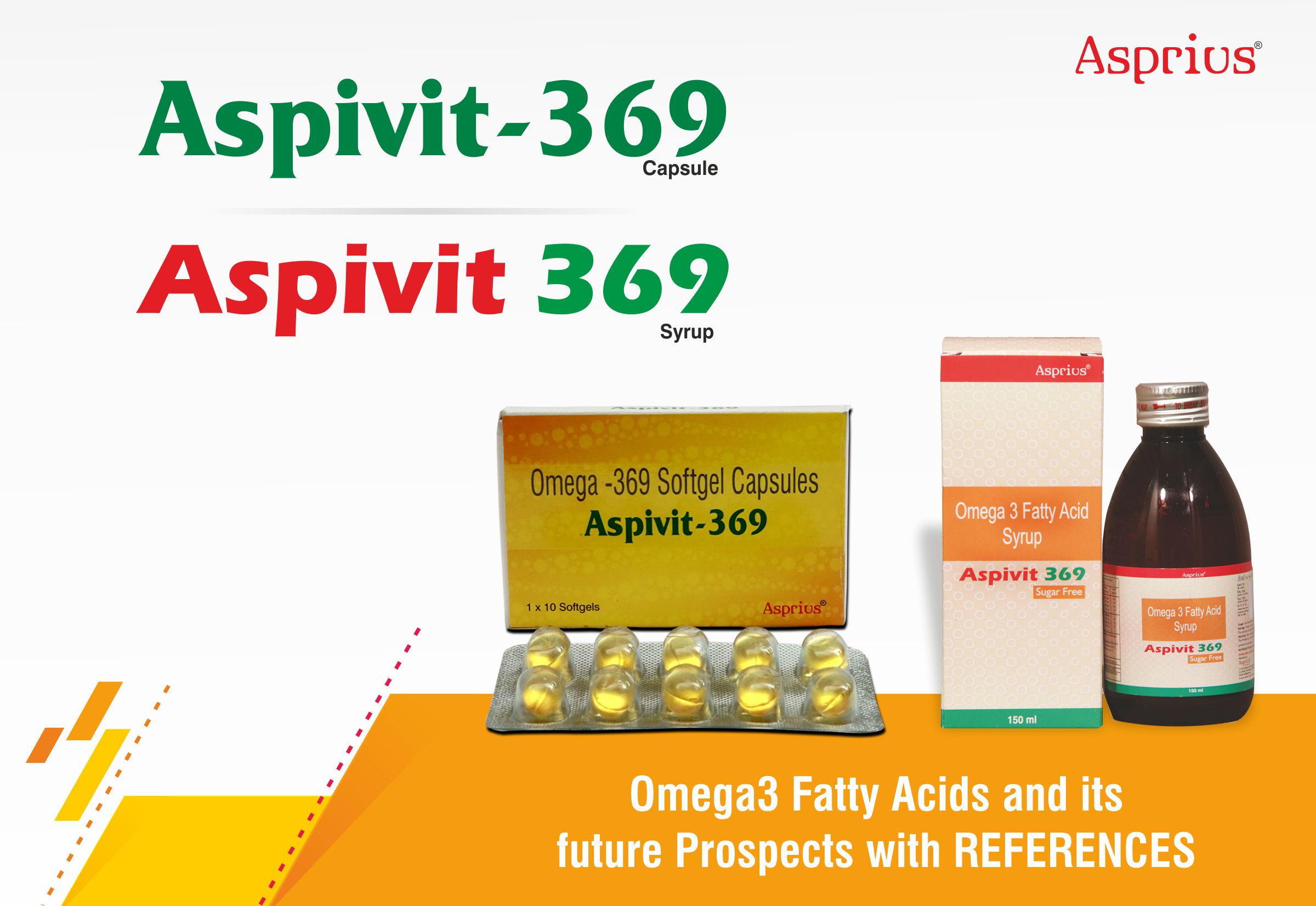Aspivit-LX

Dr. Sanjay Agrawal
Leading Pharmaceutical consultant and editor-in chief of IJMToday

Antioxidants are naturally occurring nutrients in food or chemical compounds which reduce, neutralize and prevent the damage done to the body by free radicals.
- They can also delay the start or slow the rate of lipid peroxidation reaction in food systems.
- The free radical theory of aging hypothesizes that oxygen-derived free radicals are responsible for the age-related damage at the cellular and tissue levels.
- This leads to visible effects of ageing; and even to accelerated ageing process.
- Therefore, minimizing and neutralizing free radicals activity with antioxidants may allow us to live longer.
ASPIVIT-LX: An antioxidant formulation
Each tablet contains:
- Lycopene 10% – 2000 mcg
- L-Carnitine – 300 mg
- Co-Enzyme Q-10 – 100 mg
- Zinc Sulphate – 5 mg
- Astaxanthin 1% – 5 mg
Importance of Lycopene
- Lycopene is a member of the carotenoid family of plant pigment molecules.
- Carotenoids give vegetables and fruits their yellow, red, and orange colors; they are part of the plant’s natural mechanism for processing and protecting themselves from the sun’s energy.
- Carotenoids, and especially Lycopene, are extremely competent antioxidants.
- Increase Lycopene intake has major protective effects.
- Higher Lycopene intake and higher blood Lycopene levels strongly reduces the risk of various cancers, cardiovascular diseases and the metabolic syndrome.
- Lycopene has also some benefits on UV-induced sunburn, gingivitis, osteoporosis, mental disorders and asthma.
L-Carnitine
- L-Carnitine is a naturally occurring substance required in mammalian energy metabolism.
- It can be found at lower levels in many other foods including nuts and seeds, legumes or pulses (beans, peanuts), vegetables (asparagus, beet greens), broccoli, brussels sprouts, collard greens, garlic, mustard, fruits (apricots, bananas), cereals, corn, oatmeal, rice bran, whole wheat and wheat bran.
- The conceptual basis for adding levocarnitine comes from fact that it is being used to treat muscle cramps in many carnitine deficient states (such as hemodialysis).
- Low plasma carnitine concentration is suspected to cause malaise, muscle weakness, cardiomyopathy and cardiac arrhythmias.
- Lack of carnitine can lead to liver, heart, and muscle problems.
- Only the L-isomer of carnitine (sometimes called vitamin BT) affects lipid metabolism.
- The “vitamin BT” form actually contains D,L-carnitine, which competitively inhibits levo-carnitine and can cause deficiency.
- L-carnitine reduces cardiac ischemia and improves insulin sensitivity.
Coenzyme-Q10
- Coenzyme Q10 helps to deliver electrical charges to the mitochondria, a powerhouse of the cells, so that they can produce energy.
- It is a powerful antioxidant and protects the body from free radical damage.
- Coenzyme Q10 also improves body immunity, lowers blood sugar and can dramatically slow down tumour growth.
- Oily fish, such as mackerel and tuna, organ meats, and vegetable oils are good sources of coenzyme Q10.
- Coenzyme Q10 levels begin to reduce after age 30, leaving the body more vulnerable to free radical damage.
- Coenzyme Q10 supplements may help in increasing collagen and elastin in the skin, and help to repair damaged skin cells.
- Furthermore, the size of the plaques in mice receiving Coenzyme Q10 were significantly smaller compared with the control group.
- The ability of Coenzyme Q10 to increase cholesterol efflux has also been observed in human monocyte-derived macrophages ex-vivo.
Astaxanthin
- Potent Antioxidant
- Competent Anti-Inflammatory
- Provides Eye Fatigue Relief
- Increases Muscle Endurance
- Supports Healthy Blood Lipids
- Aids in Wrinkle Reduction
Zinc Sulphate
- Zinc helps the body to maintain the immunity, reproductive and digestive systems.
- It is needed for healthy skin, bones, hair, nails, and eyes.
- Essential for making growth hormones and the important male hormone, testosterone.
- Zinc plays an important role in the structure of proteins and cell membranes.
- Loss of zinc from biological membranes increases their susceptibility to oxidative damage and impairs their function.
- Zinc is more concentrated in:
- Inner ear,
- Eyes (especially the retina) &
- Thymus and prostate glands.
- Getting enough zinc in diet is crucial to the health of these organs.
- Zinc is especially important to the maintenance of healthy skin.
- It helps the body to process the essential fatty acids which are needed to heal burns (including sunburns), wounds, hemorrhoids, eczema, rosacea, psoriasis, and acne.
- ASPIVIT-LX have all ingredients from the natural sources
- ASPIVIT-LX is a potent and excellent anti-oxidant.
ASPIVIT-LX: Major functions
- Reduces oxidative damages
- Improves organ functions
- Speeds up recovery
- Improves quality of life
ASPIVIT-LX: Indications
- Cardio-diabetic diseases
- Dementia
- Alzheimer’s disease
- Eye, skin, bones and joints inflammatory conditions
- Surgeries and burns




